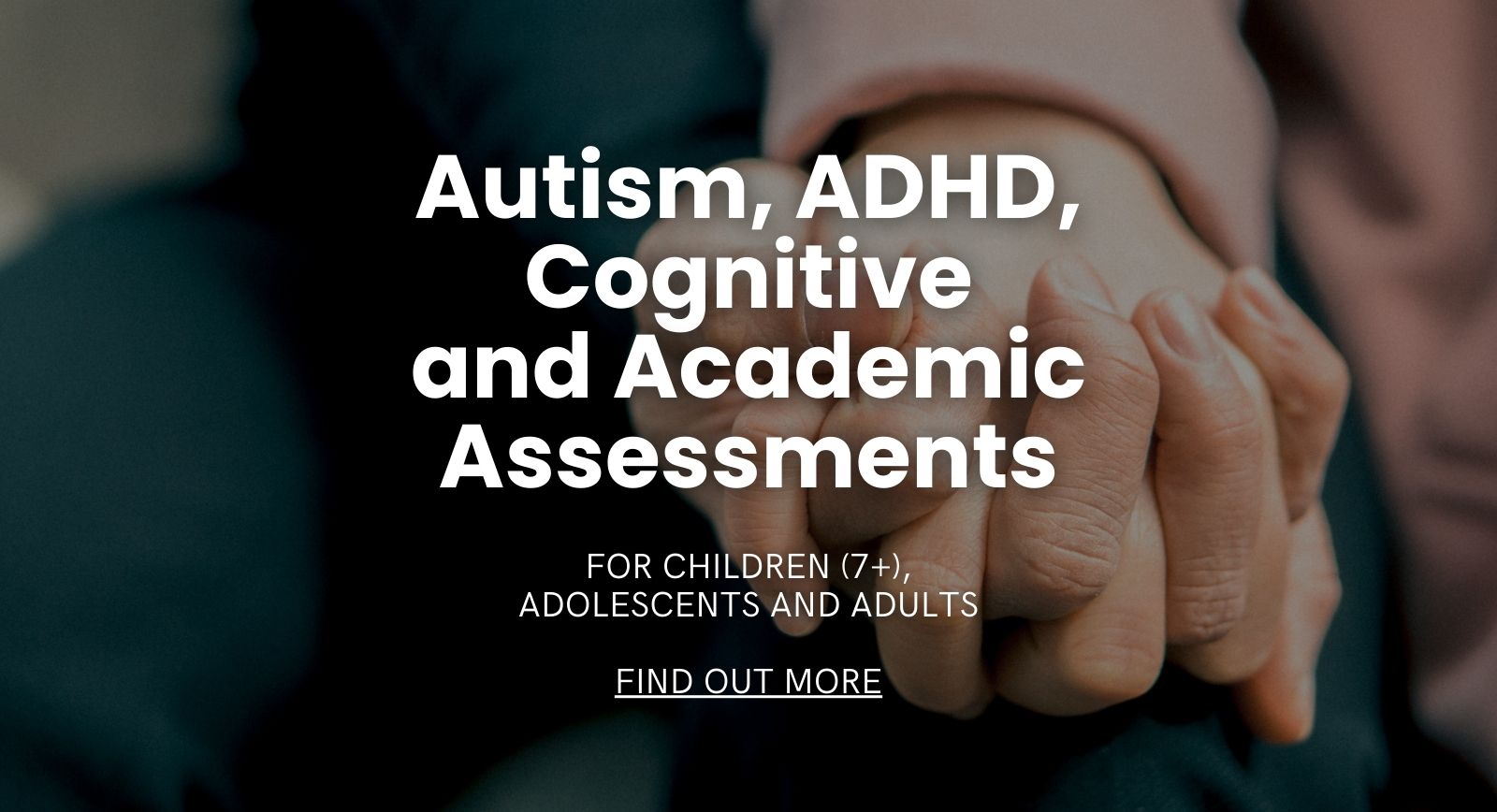Sexuality/LGBTQIA+
Challenge
Are you or your child coming to terms with their sexuality or gender identity?
Do you want to learn more about the LGBTQIA+ community, and how your child fits into it?
Are you worried about what the implications of them being LGBTQIA+ are?
Do you want to know how you can support them?
Are you struggling to understand or acknowledge their sexuality?
Sexuality is a complex journey for any person - in particular children or teenagers - and at times can be confusing. The LGBTQIA+ community is a spectrum of sexuality, romantic and gender identities that aren't cisgender (the gender you were assigned at birth) and heterosexual, ranging from the following and more: lesbian (L), gay (G), bisexual (B), transgender (T), queer (Q), intersex (I), asexual (A), pansexual, aromantic, nonbinary or gender non-conforming, and more. these are the most common identities you may come across.
Options
Choosing to seek support during this time is understandable. Whether you are struggling to provide the support your child is seeking, or your confused about what this journey means for them, it can be a challenging time for families. Things may feel different, but it's important to recognise that they are still your loved one. The only thing that has changed is that they've decided to share a very important, often vulnerable part of themselves with you.
LGBTQIA+ experiences (often generically referred to as the queer experience) do not need to be "fixed", "healed" or "cleansed away", it is a part of who they are, just as it is for heterosexual and cisgender people. There’s no right time or age to discovering sexuality — their romantic preferences develop over time. It can be challenging to feel you are different to the “norm”. Regardless of what challenges you or your child are facing, this can be a difficult and confusing time.
We are here to help support you and your family. Psychologists can help educate about the queer experience, support children exploring these issues, and assist in maintaining family relationships throughout. This may include family therapy and individual therapies as well as specific, evidence based options like strength-based approaches, stress management, mindfulness, and acceptance commitment, among others. Regardless of what approach you or your child want to take, we’re here to support you.

